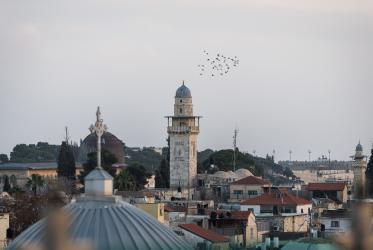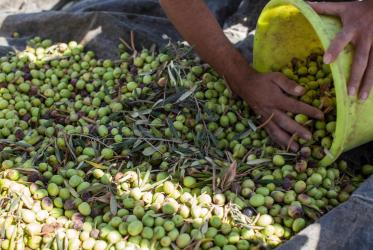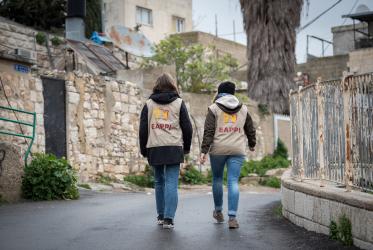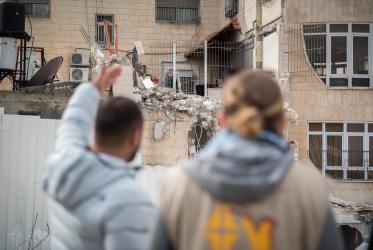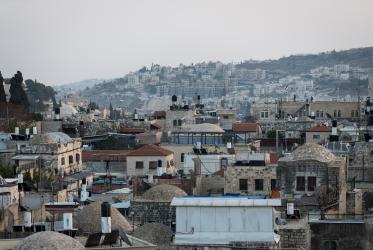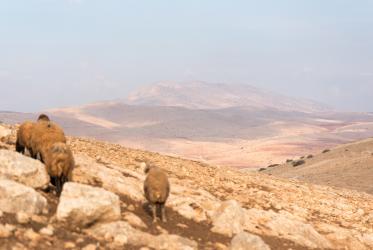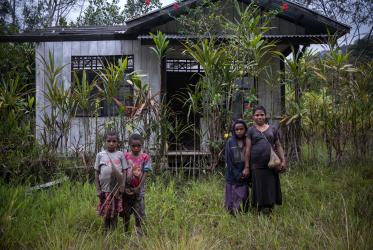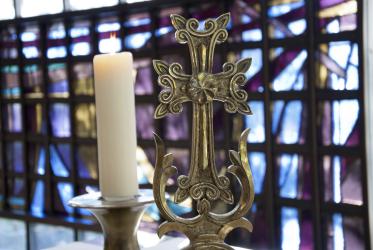Displaying 1 - 20 of 154
“They want to live without fear and constant harassment”
25 October 2023
WCC calls for a new approach to conflict in Palestine and Israel
13 October 2023
WCC releases minute on consequences of the 2020 Nagorno-Karabakh war
08 September 2022


